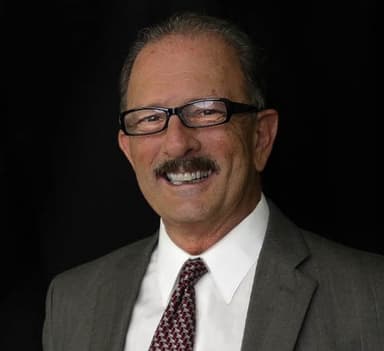Most safety courses for real estate professionals cover the typical to-dos and not-to-dos you’ve heard a million times. Have an emergency contact on standby when you’re out in the field; don’t park in the driveway to avoid getting blocked in; tell your sellers to lock up their prescription drugs and items of value during showings. All of this is good information, and it’s a great start to opening up dialogue about safer practices in our industry. But isn’t it time to go a step further?
As a REALTOR® Safety instructor in Pennsylvania who teaches a continuing education course on self-defense, I know how hard it is to fit enough material into the average one- to three-hour class. But we’re starting to hear the same advice over and over again. So how can you be sure that if you sign up for a real estate safety course, you’ll actually get something out of it that you haven’t thought about before? What should you look for in a truly comprehensive REALTOR® Safety course?
In my opinion, there are five segments a good course should have. Four should focus on education, and one should be more physical.
1. Rethink the Professional Information You Provide
A good safety course should challenge the very basic ways real estate professionals operate. Chiefly, it should make you reassess the information you give out about yourself to the public every day. Your signs and business cards typically include your phone number, email, and office address — but should you also include a photo? Why? Do you really think anyone has ever decided to buy a property because they liked your photo?
Do you have to provide a cell phone number in addition to an office number? You could easily set up a system to have calls to your office forwarded to your mobile when you’re out so you don’t have to give your personal number. The reason you’re taking a safety course in the first place is to think more deeply about your vulnerabilities in everyday business. So the course should move you to examine your processes.
2. Teach Clients Better Preparation
Every safety course should cover how you as an agent can help sellers be safer when their home is on the market, but the advice that always gets the most attention is to have them lock up their medications and jewelry, among other valuables. Yes, that’s true, but there’s so much more to consider when preparing your clients for safety.
Class discussions should also focus on what information is and isn’t necessary to sell a property. The information we give away as a matter of course in presenting a listing may lead to vulnerability. It’s true that you should always follow association, MLS, or company rules when listing a home, but should you call attention to the fact that a home is vacant? Also, how do you talk to a seller to handle a situation in which an unannounced stranger shows up to view their home? A good safety course will delve deeper into these questions.
3. Specialized Recommendations for Your Market
Many national real estate franchises have a standard recommended safety policy. The problem is that each area of the country or each niche you work in may require specific recommendations. A good safety course should incorporate custom recommendations for your area, whether it’s an urban, suburban, or rural marketplace. Showing a 545-acre farm will have different security issues than showing a downtown high-rise condo.
Your safety instructor should also talk about how your company recommends preparing for buyer appointments, who keeps a copy of client information, what the code words are, and what the weapons policy is. Does your company test its safety policy from time to time? None of this will matter if not practiced each and every time.
4. Simpler, More Intuitive Physical Self-Protection
In my own three-and-a-half-hour continuing education course, I demonstrate a basic understanding of the human body and teach simple physical moves to disrupt an attack. But one of the most effective things you can do if the situation calls for it is learn how to use items around you as weapons. (Do you carry a briefcase, a thick company folder, or even better, a clipboard?) A safety instructor shouldn’t just teach you basic martial arts techniques to combat an assailant — because in the heat of the moment, your mind is likely to go blank, even when recalling basic moves. They should teach you how to use everyday things such as keys, water bottles, flashlights, clipboards, and cell phones for defense. Knowing a property’s exits and being mindful of where you parked are good points for preparation, but you need to know more than that.
5. The Mental Component
I preach self-awareness to everyone, not just real estate professionals. You must be aware of your surroundings, what you’re doing, your goal, and who or what is around you. Your safety course should address your ability to know in advance where you are going, the time of day, and what to expect. There’s a difference between going to a party at a friend’s house, taking a trip to the mall, and attending a nighttime showing in a downtown location. You should be taught practical mental steps such as keeping your eyes off your electronics and being aware of the person you’re with — how tall they are, their body language, what they have in their hand. You’re not getting the most out of a safety course if it’s not giving you ideas for staying alert.









